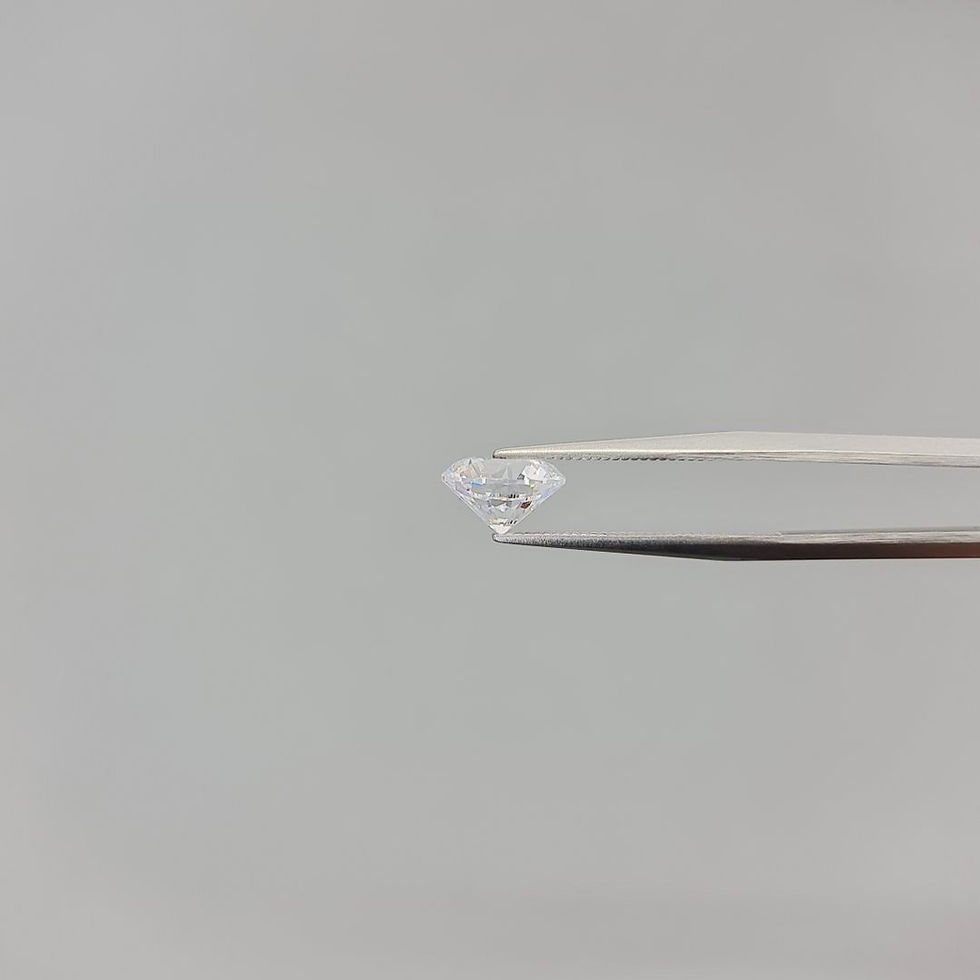
Tweezers are essential in the Gemmology industry. They are known to have been used in predynastic Egypt. Asiatic tweezers, consisting of two strips of metal brazed together, were commonly used in Mesopotamia and India from about 3000 BC, perhaps for catching lice. During the bronze age, tweezers were manufactured in Kerma.
In the current times, there are so many manufacturers produce different types of tweezers, from locking to curved ones and the standard straight tweezers are just some to name a few.
What tweezers should I have?
This is a question only you can answer. Every individual is used to a different type of tweezers, my favourite are the Locking Tweezers. They do the same as the standard ones, but the locking feature enables the stone to be held in the tips without having to apply pressure.
What is the best way to pick up a stone?
Before we get to the exciting part, there are some basic principles you should keep in mind. First, it’s very important to keep the Gem as clean as possible. Use a pointer to remove dust particles, and wipe the stone with a lint-free cloth (GEM CLOTH HERE - £3.50) to remove smudges.
The best way to hold a gemstone is by using your tweezers, as dirt and oils from your fingers can leave a smudge on the stone and can be seen as an inclusion. There are two ways of picking up your gem.
TIP: Hold the tweezers with the hand opposite the one you write with. This frees your writing hand so you don't have to keep switching to make notes.

The first one is Girdle to Girdle.
The girdle is the narrow section separating the crown from the pavilion and functions as the diamond’s setting edge.
Turn the stone upside down (Table down) and gently pick up the gem without putting too much pressure as that’s when they go flying. The more you practice, the easier and more comfortable you will be picking up a stone. There is nothing worst than showing a Diamond to a customer, and when you try to pick it up, it shoots across the table. So practice makes perfect.

The second way is "Table to Culet"
Place the stone table down on a gem cloth with the top folded over so it creates a fold. Use the fold of the cloth to stop the gem sliding away from you. Slide on tip of the tweezers under the table, place the other tip lightly on top of the culet.
Turn the stone with a gem pointer or a second pair of tweezers to make sure it's centred.
Practice, Practice, Practice
TIP
A good way to keep the loupe and tweezers steady is to rest your elbows on a table or to brace them against your sides.
Here are my recommendations for my best places to purchase good quality Gemmologist Tweezers.
Gem-A - Gemmological Association of Great Britain
All Available Tweezers at Gem-A - https://shop.gem-a.com/shop/
GIA - Gemological Institute of America
MY FAV: Tweezers with a hole, serrated handles, and tips with groove and locking system - GIA Tweezers with Slide Lock – GIA Store
Gemmology Obsession
Gem Switzerland locking tweezers with Grove £ 10.00- Gem Switzerland Locking Diamond Tweezers with Groove
Gem Cleaning Cloth £3.50 - Town Talk Microfibre Polishing Cloth

That's it for the Gemmologist tweezers from me. Thank you so much for reading my blog, keep an eye out for the rest of the must-have tools in the trade
Feel free to share my blog and don't forget to tag me
PS. Please only use my images with permission!

Comments